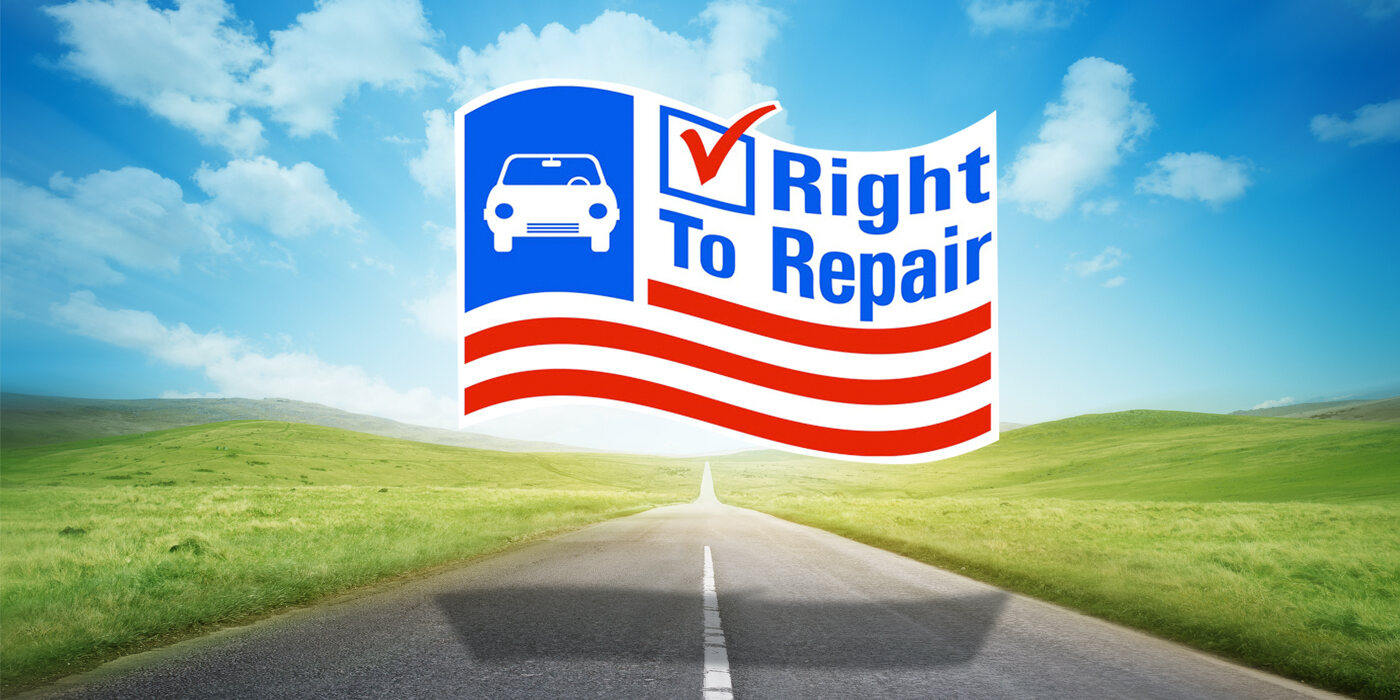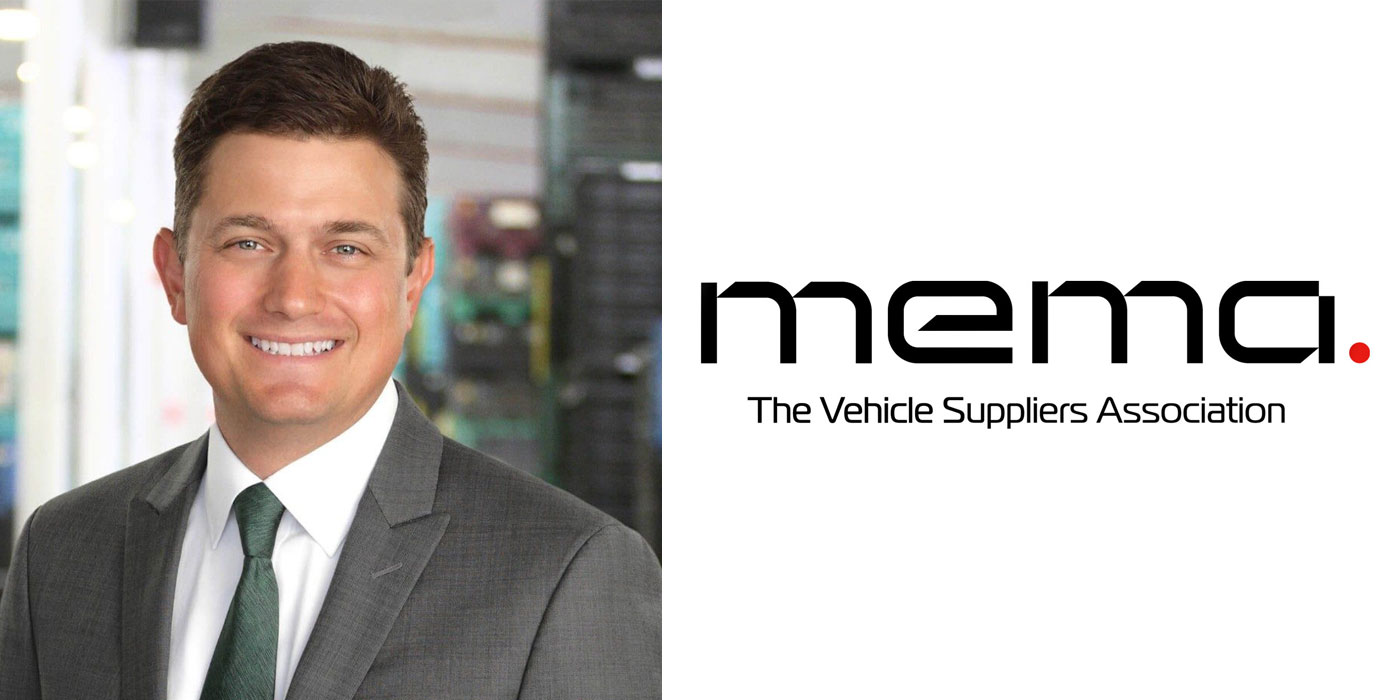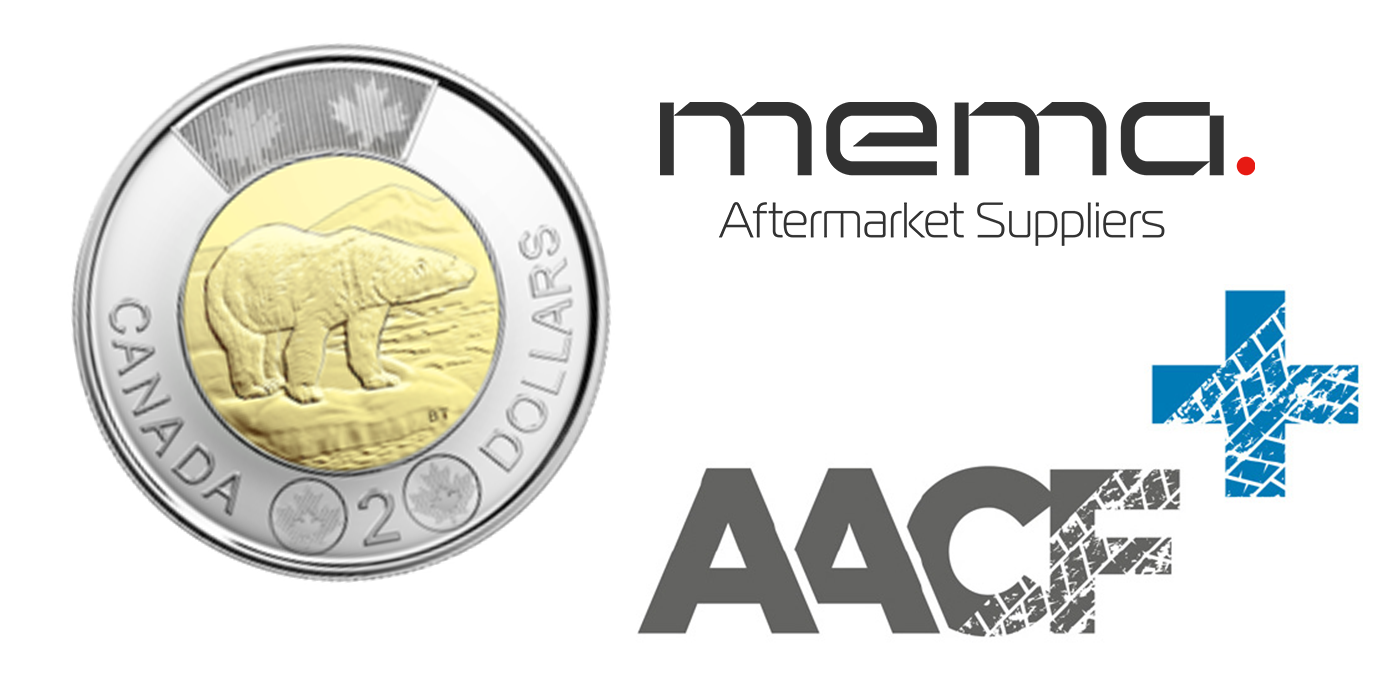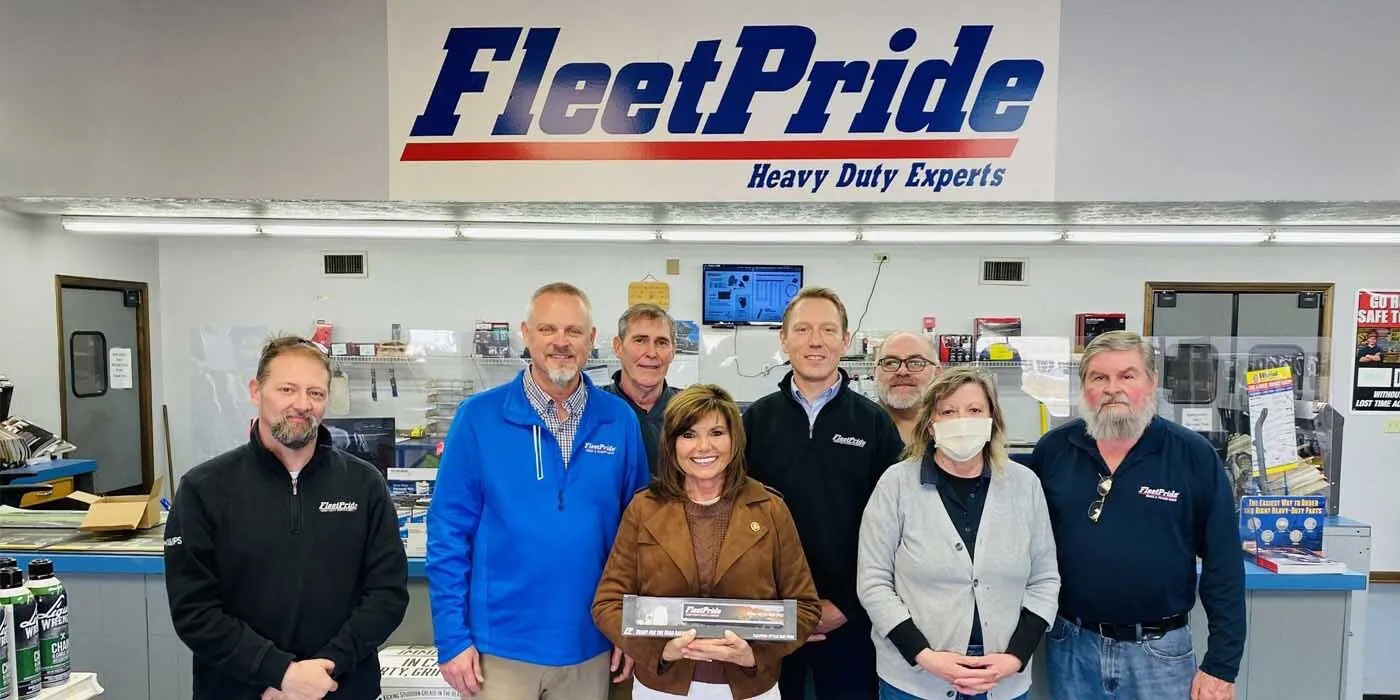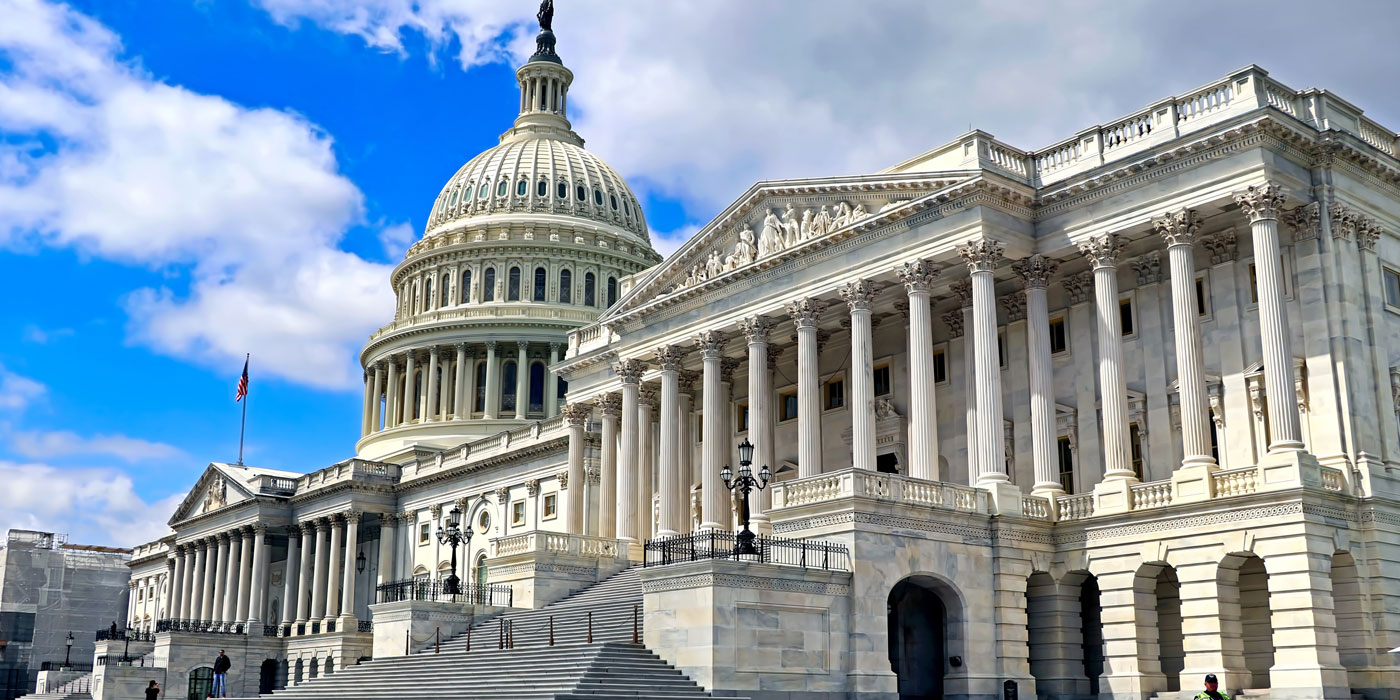Earlier this week, the Automotive Service Association, the Society of Collision Repair Specialists and the Alliance for Automotive Innovation sent a letter to Congress reaffirming their commitment to a 2014 national agreement on automotive Right to Repair.
In the letter, the organizations “commit that independent repair facilities shall have access to the same diagnostic and repair information that auto manufacturers make available to authorized dealer networks.”
While the organizations hailed the letter as a show of unity between independent repairers and OEMs on the principle of consumer choice, the Auto Care Association and MEMA Aftermarket Suppliers swiftly dismissed the letter as an act of subterfuge on the part of automakers.
“Auto Care Association objects to the so-called right-to-repair pact between ASA, SCRS and the Alliance for Automotive Innovation,” Auto Care President and CEO Bill Hanvey said in an email blast. “Auto Care Association, an original signatory to the 2014 memorandum of understanding, was not consulted about, was not a party to and does not support the agreement.”
Hanvey noted that neither ASA nor SCRS signed or supported the 2014 memorandum of understanding, and asserted that the associations “represent a small fraction of the independent repair market and do not speak for the automotive aftermarket.”
“Auto Care Association, on the other hand, is a national trade association representing over 536,000 companies and affiliates that manufacture, distribute and sell motor vehicle parts, accessories, services, tools, equipment, materials and supplies,” Hanvey said. “Auto Care Association serves the entire supply chain of the automotive aftermarket for the nation’s 292 million registered motor vehicles. Those businesses include over 280,000 repair facilities and 915,000 technicians nationwide.”
Ultimately, Hanvey called the agreement “a thinly veiled response by the automotive OEMs to HR 906: The REPAIR Act.”
“While the agreement purports to be relevant, all it does is affirm the 2014 memorandum of understanding rather than implement a meaningful solution to preserve the entire automotive aftermarket and the competition and consumer choice that it creates,” Hanvey said. “The agreement between the Alliance, ASA and SCRS is not only designed to create confusion, but also has numerous flaws.”
Among those flaws:
- The agreement is non-binding. There is no way to force OEM participation or to enforce OEM compliance.
- The agreement does not cover all automakers and there is no requirement for new OEMs to join.
- The agreement does not obligate OEMs to provide vehicle owners or aftermarket direct access to telematically generated repair and maintenance data. Instead, the OEMs have agreed to make repair and maintenance data available through OEM-controlled systems and tools.
- Regarding telematics and the wireless transmission of vehicle repair and maintenance data, the OEMs only agree to give access if the data “is not otherwise available” through the OBD II port. This means an independent shop could be forced to subscribe to multiple third-party tools to get access to telematics data, rather than through a single direct source.
- The agreement fails to address the safety and security of the wirelessly transmitted vehicle data.
“The efforts we’re seeing this summer to stop our industry’s momentum of securing our right to repair are only ramping up,” Hanvey concluded. “From the recent NHTSA letter to this new right to repair ‘pact’ from the automakers, there has never been more of a critical time to speak up and make our voices heard in Washington. I hope to see you all in D.C. with us this fall during our Legislative Summit on Capitol Hill, where we will speak in one unified voice with members of Congress on the importance of supporting our industry by passing the REPAIR Act.”
‘Agreement Falls Short’
In a statement, MEMA Aftermarket Suppliers called the agreement “a step in the right direction to ensure that consumers are protected.” However, the pact “falls short of all the protections necessary to ensure consumer choice now and into the future for all parties, not only signatories of the pact.”
“As a transportation industry, we believe that we have one opportunity to pass federal legislation and that legislation must include the ability to prioritize and protect consumers’ access to both light-duty and heavy-duty vehicle repair and maintenance through all iterations of vehicle technology on the road today and to come,” MEMA Aftermarket Suppliers added.
The association asserted that Right to Repair legislation must include:
- All vehicles in operation – light-duty, medium-duty and heavy-duty
- Access to telematics and diagnostics data beyond that available just through the OBD II port
- An enforcement mechanism
- The ability for independent repair shops, using bi-directional communication, to update vehicles and parts to the latest software
- Addressing the risk of repair monopolies
- Language to protect consumers’ access to both light-duty and heavy-duty vehicle repair, maintenance and parts of their choosing through all iterations of vehicle technology on the road today and to come
“The agreement does advance the conversation around right to repair and consumer choice, but if automakers and repair shops are prioritized over consumers, fair competition and a free market would not be realized,” the association said. “As a key stakeholder in protecting consumers’ rights and an essential part of the value chain, MEMA Aftermarket Suppliers must be a part of the conversation.
“MEMA Aftermarket Suppliers welcomes the opportunity to work with all parties to align on a federal solution that reflects the principles of consumer choice and a free market, includes the expertise of the supplier community, has a mechanism for real enforcement and prioritizes consumers, their safety and their economy – and the innovative industry we serve. The Right to Equitable and Professional Auto Industry Repair (REPAIR) Act (H.R. 906) addresses these needs, and MEMA Aftermarket Suppliers continues to support this bill that addresses the above concerns and creates a repair ecosystem that puts consumers at the center.”




